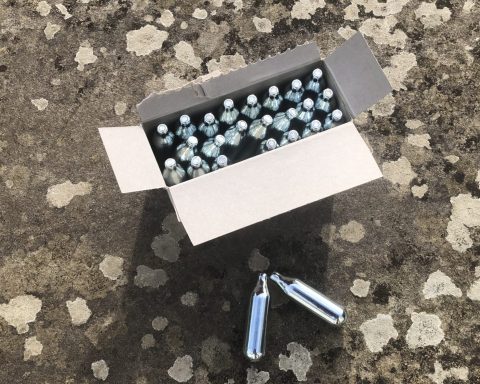
Charles Daniels is a former GP, and is now a Consultant in Palliative Medicine and Medical Director, St Luke’s Hospice, and a Visiting Senior Fellow, Primary Care Unit, Cambridge University.
There is increasing discussion about how to support health and social care professionals with advance care planning conversations for people likely to be in the last year of life. To support such discussions tools have been developed that guide ways to promote these difficult conversations.1,2,3,4 The ‘Serious Illness Care Guide (SICG)’ offers a script to facilitate advance care planning (ACP) conversations.5 However, the rigidity of the recommended script proved daunting for many of health professionals we introduced it to. So we developed a simpler, more accessible tool, referred to as to the ‘4Ws + 1’. It comprises the following four key statements to navigate difficult conversations:
1. “I wish I didn’t need to have this conversation…” is used to demonstrate empathy and warn people of what may follow.
The ‘4Ws + 1’ comprises … four key statements to navigate difficult conversations.
3. “I wonder whether you would find it helpful to focus our thinking on these concerns, and think how we may plan your care?” invites further discussion, but allows a person to decline.
4. The final and most important “W” an invitation: “What would matter to you if our concerns were to materialise?”
The ‘4 Ws’ conclude with the ‘+1’, a reminder to discuss at least one positive action that can be enacted before discussing any omissions. This lessens the need for the conversation to be a negative experience only focusing on not transferring the patient to hospital, or getting a DNACPR form signed.
We initially piloted the ‘4 Ws +1’ with 24 health and social care professionals across care homes to develop their confidence in supporting residents to consider advance care plans (ACPs). At the initial training session, staff stated they frequently found these discussions disheartening and very difficult to initiate. We then introduced them to a tool and rehearsed how the conversations and how it could be introduced into admission processes and/or everyday conversations with residents. We encouraged them to experiment.
Two subsequent sessions were organised, spaced fortnightly, where staff were invited to critically reflect on using the “4Ws +1 and in what ways this style of conversation influenced experiences and outcomes. Without exception, all staff reported that they found the “4Ws +1” practical and memorable and had begun to experi
It … helped them make what hitherto was a difficult and negative conversation into something positive and ultimately supportive.
ment withit. Specifically the final ‘W’ (What would matter …?) resonated deeply with them. It enabled them to have what were previously difficult conversations with families. They told us that being able to know (in a residents own words) what mattered to them, helped family members reach consensus on difficult decisions. The ‘+1’ which reminded them first to identify what they were able to do to support a resident’s wishes. The dialogue helped them recognise the importance of company, comfort, family presence, spiritual care, pain control and dignity and more. They spoke evocatively that it also helped them make what hitherto was a difficult and negative conversation into something positive and ultimately supportive.
We learned home staff were uncomfortable and often distressed providing advance care planning documentation to residents to complete on admission. Second, we discovered previously developed yet rigid models for initiating difficult end of life care and ACP conversations were often hard to put into practice. Third, through dismantling them we identified five key constructs that were acceptable for staff and feasible to use in everyday care. Fifth and most importantly they we discovered the “4Ws+1” empowered them to engage in important, previously fear-making discussions.
Whilst not yet further evaluated, medical colleagues have responded in the same way to the tool. We believe it has potential to be operationalised across multiple disciplines, medical specialities and settings of care. We could not have developed this tool without Bernacki’s inspired tool, but have found that a simplification of this tool and supporting staff develop their confidence in their innate communication skills is imperative . We offer it to all to share.
References
1. https://www.nice.org.uk/Media/Default/About/NICE-Communities/Social-care/quick-guides/advance-care-planning-quick-guide.pdf
2. https://www.resus.org.uk/sites/default/files/2020-06/ReSPECT%20Ten%20Top%20Tips%20FINAL.pdf
3. https://www.stlukes-hospice.org.uk/wp-content/uploads/2017/06/ACP-Guide-for-Health-and-Social-Care-Staff-.pdf
4. https://www.goldstandardsframework.org.uk/advance-care-planning
5. Bernacki R, Hutchings M, Vick J, et al. Development of the Serious Illness Care Program: a randomised controlled trial of a palliative care communication intervention. BMJ Open 2015;5:e009032. doi:http://dx.doi.org/10.1136/bmjopen-2015-009032
Featured photo by Maksym Kaharlytskyi on Unsplash



